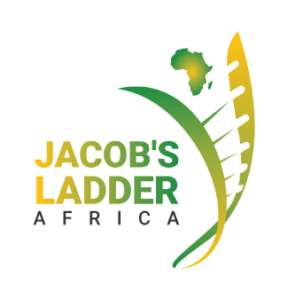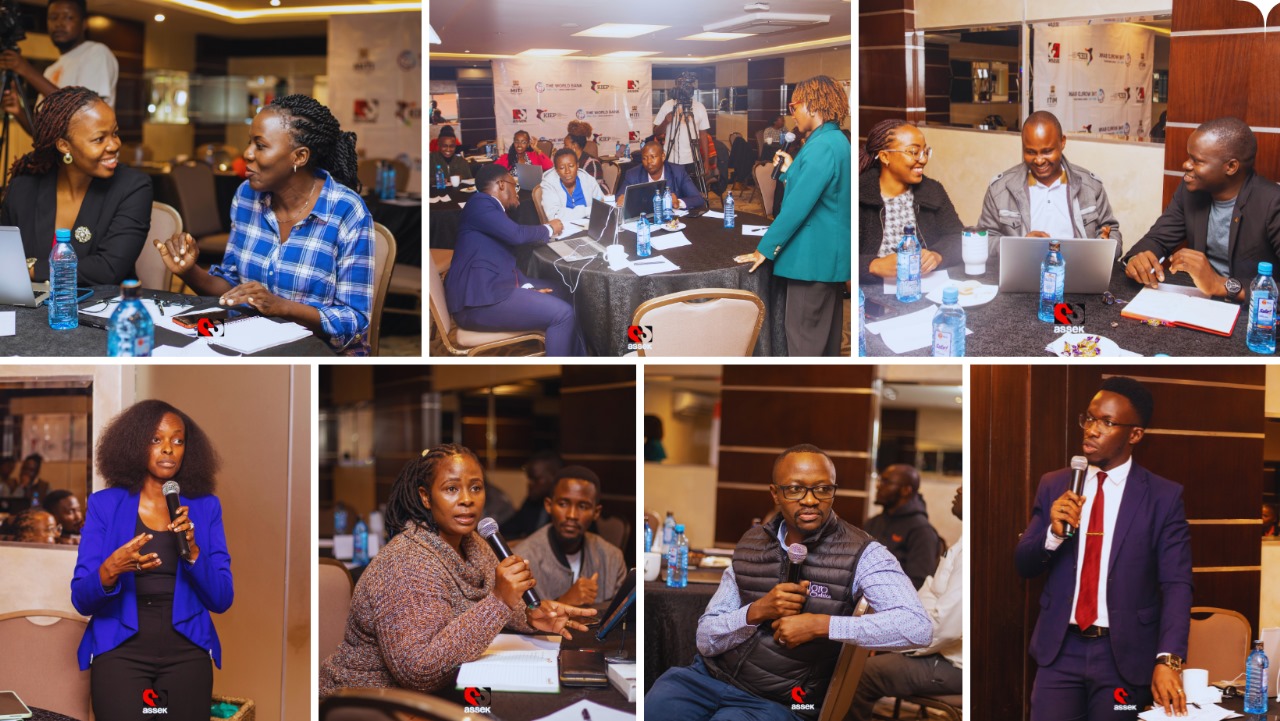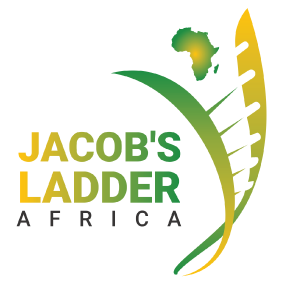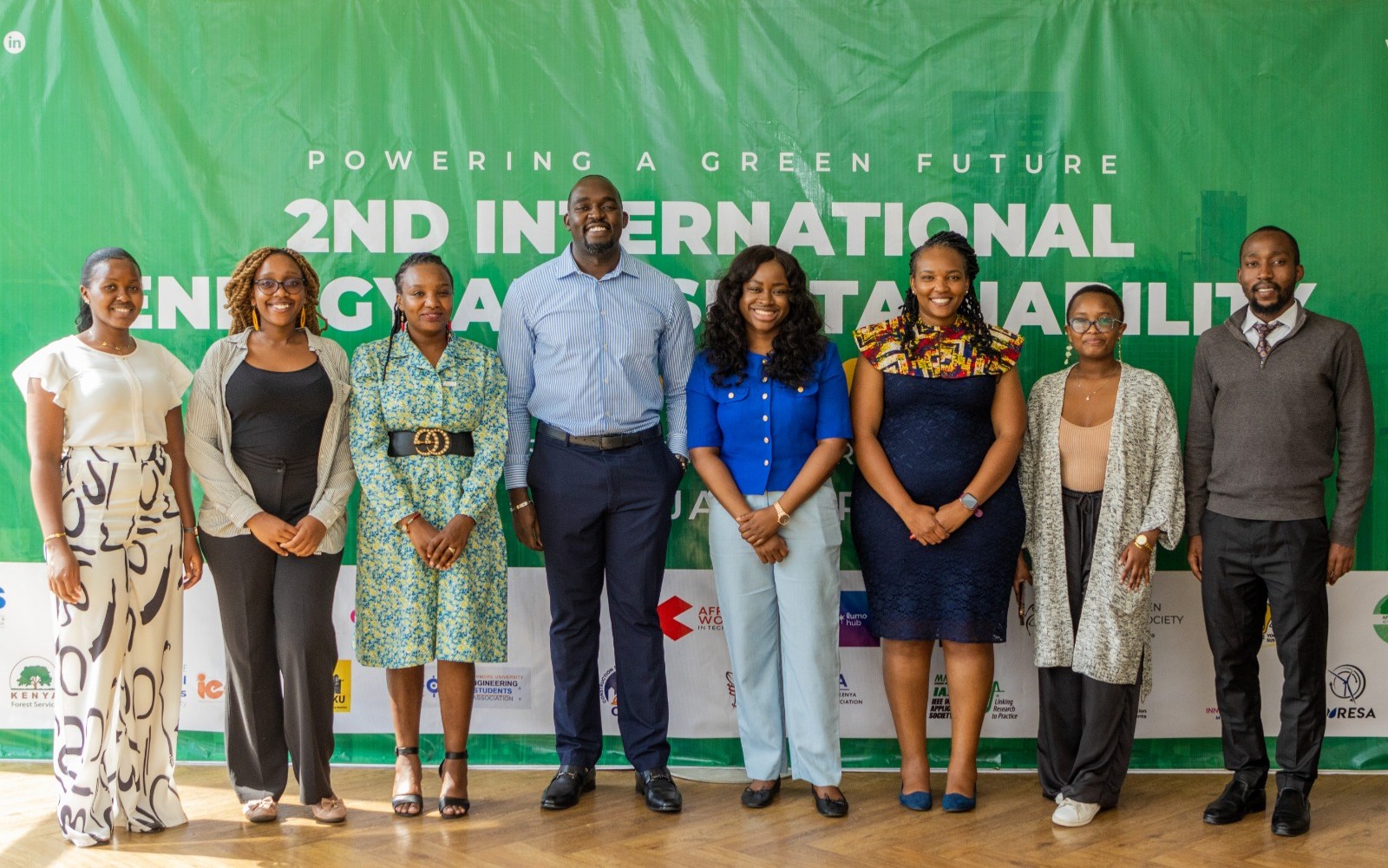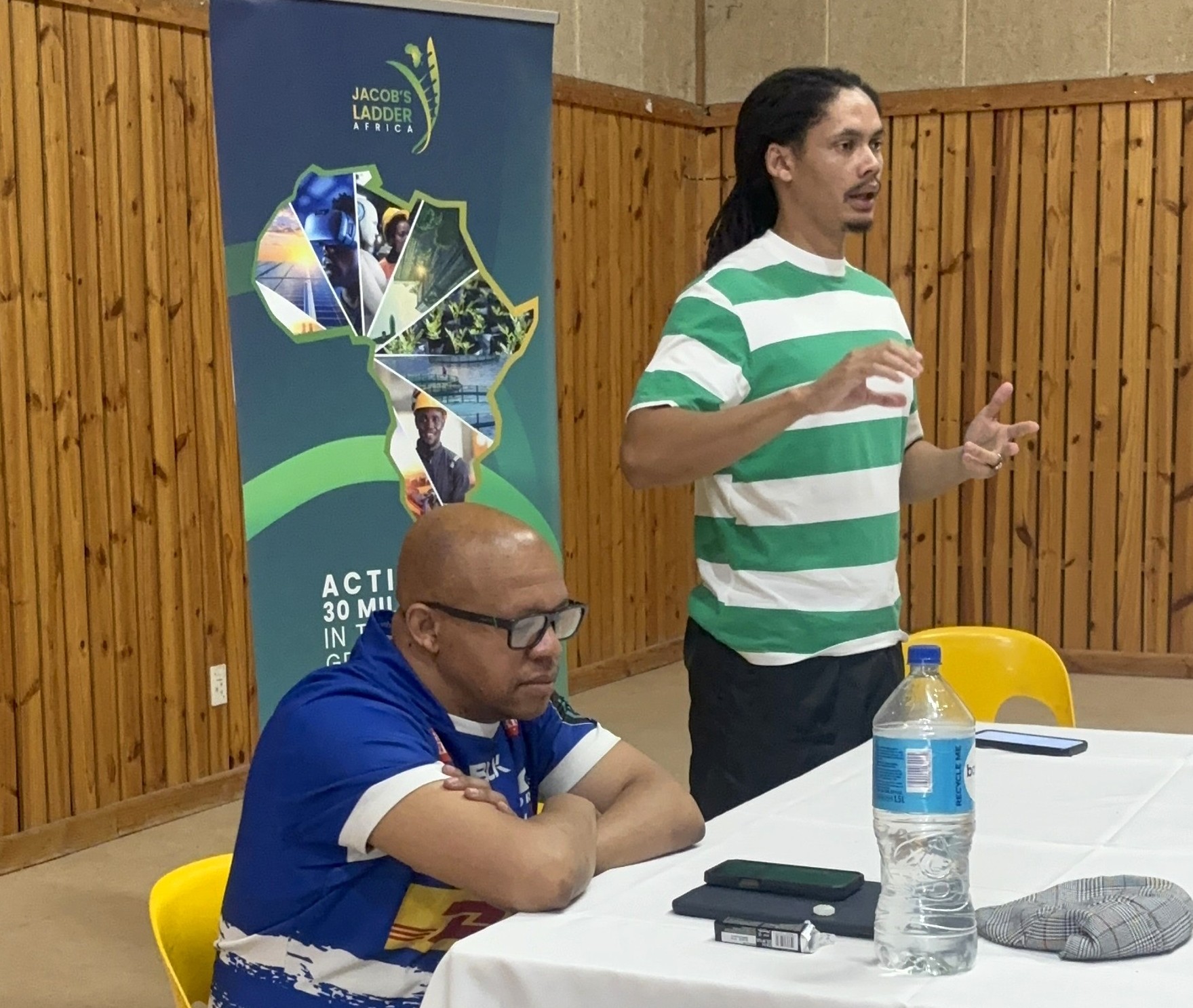From March 18-20, 2025, Jacob’s Ladder Africa (JLA) joined a powerhouse of changemakers at the Global Entrepreneurship Support Standards (GESS) meeting, hosted by the Association of Startup and SME Enablers of Kenya ASSEK and facilitated by Vilgro Africa at Four Points by Sheraton, in Nairobi. The meeting was a launchpad for refining how we empower Africa’s youth to lead the green economy. With 70% of African youth under 30 and over 10 million entering the job market annually (World Bank, 2023), yet only 3 million formal jobs available, the stakes are high. GESS delivered actionable strategies to supercharge entrepreneurship support organizations (ESOs) like JLA, and we’re happy to share them with you.
The Key Takeaways
- Strengthening ESO Structures
We mapped ecosystem players and honed pathways for incubatees to thrive. With Africa’s green economy poised to generate 3.3 million jobs by 2030 (FSD Africa, 2024), clear progression tracks are critical to turning ideas into impact. - Incubation & Acceleration Best Practices
Diagnostic tools took center stage, providing sharper, data-driven evaluations to fast-track market readiness. By integrating these tools into incubation processes, we ensure that only the most viable startups advance, streamlining support and maximizing impact. - Fundraising & Investment Readiness
With Africa facing a staggering $160–340 billion annual climate adaptation funding gap by 2030 (UNEP, 2022), securing sustainable funding for ESOs is more critical than ever. Given that less than 3% of global venture capital flows to African startups, the meeting delved into diversified funding models—grants, crowdfunding, and angel investors—to ensure financial resilience. Pitch-perfecting sessions equipped participants with investor-readiness strategies, bridging the gap between promising entrepreneurs and the funding needed to fuel their growth. - Mentorship & Ecosystem Strengthening
Mentorship isn’t optional; it’s essential. Founders with strong mentorship are three times more likely to succeed, making it a cornerstone of sustainable entrepreneurship. This meeting reinforced the power of structured mentorship in sparking innovation, building resilient businesses, and driving long-term impact. - Global Market Linkages & Growth Strategies
With African startups increasingly looking beyond borders, discussions centered on strategic partnerships and what it takes to scale operations internationally. Successful cross-border expansion requires a mix of market research, regulatory navigation, and strategic partnerships. Ventures must adapt to new consumer behaviors, leverage local expertise, and secure funding tailored to regional needs. - Digitization of ESOs
Digital tools offer immense potential for efficiency but only when built on solid foundations. We explored leveraging digital solutions to streamline operations while ensuring that core processes remain robust, scalable, and sustainable.
Why It Matters
Africa’s youth aren’t just the future, they’re the present yet, 1 in 5 are not in employment, education, or training (NEET) (ILO, 2023), and the green skills mismatch looms large. GESS gave us the blueprint to refine greenlabs—from sharper incubation processes to sustainable funding and powerful partnerships. Take Cohort 2’s success: 18 entrepreneurs graduated in 9 months, tackling climate challenges with ventures like solar steam generators and biomass briquettes. We’re ready to scale that impact even further, with these GESS insights.
